GEAB 121
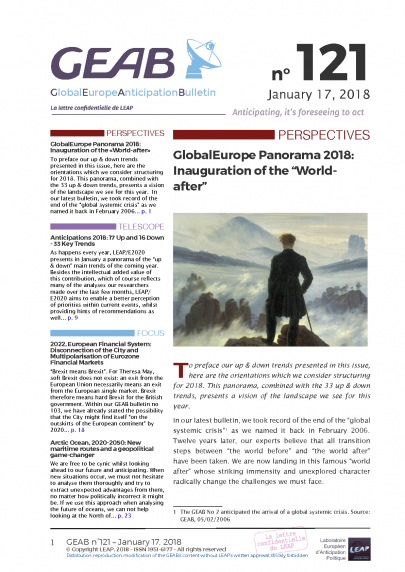

To preface our up & down trends presented in this issue, here are the orientations which we consider structuring for 2018. This panorama, combined with the 33 up & down trends, presents a vision of the landscape we see for this year.
In our latest bulletin, we took record of the end of the “global systemic crisis”[1] as we named it back in February 2006. Twelve years later, our experts believe that all transition steps between “the world before” and “the world after” have been taken. We are now landing in this famous “world after” whose striking immensity and unexplored character radically change the challenges we must face.
Focusing on familiar items, our study of the global systemic crisis has essentially consisted of anticipating the crises related to the collapse of the world as we knew it since 1945. In a way, things are getting more complex now because we need to anticipate risks related to the emergence of an unknown world.
Moreover, to guide us around this world, the current public information systems (media, statistical offices, etc.) have not integrated modern observation tools yet (especially big data ones) and are still not resized to this open and gigantic world. The awareness of these limitations leads to a form of negation of those new realities: fear of frightening people, dizziness in front of the vast challenges awaiting us, our media is getting “provincial” and creates a feeling of very illusory return to calm.
The dominant note of this year can be summed up in this sentence: “Immature actors performing in a new environment outside any common framework”, an inevitably risky situation.
Preparation for the world after: missed opportunities
This “world after” is not born under the best conditions. The West[2] particularly chose to deny the imperative of transition rather than prepare things with the new big players.
For example, the West could have anticipated the necessary restructuring of international institutions on the basis of a full integration of major players in new global geopolitics (China, India, Russia …). Or it could have anticipated the impossibility of reforming these institutions and opt accordingly for cooperation with these actors in order to invent the next tools of global governance (Euro-BRICS rapprochement[3], Arctic Union, as suggested in this bulletin, and so on…). Instead, the American and European state apparatus preferred to take personally the great global geopolitical reconfiguration as an attack against their hegemony, preventing them from seeing it with constructive eyes.
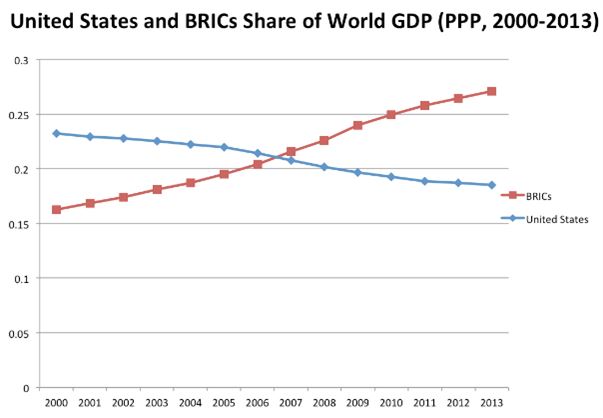
Fig. 1 – US and BRICs Share of global GDP : (US – blue and the BRICS – red), 2000-2013. Source: The Brics Post.
Today, the result seems to be a ragged international system, stripped of any legitimacy to represent any world order. By way of example, how can the World Trade Organisation (WTO) claim to be “global” when its main members (Europe, United States, Japan) are so strongly opposed to granting China the status of ‘market economy? [4] The WTO is more like a closed club tempted to tighten its membership rules than an open international arena[5]. From the point of view of a majority of the world, the international institutions of the twentieth century are nothing but Western institutions.
Now, this existential failure results in the fact that members of these different “Western clubs” growingly tear each other apart, as suggested by the new quarrel between Canada and the United States in the framework of the WTO[6], or of course the current dislocation of the EU.
As the West continues to move away from the attempts of the emerging powers to organise the world, and even consider them with some disdain, no serious outline of global governance is discernible anymore. In 2018, no legitimate international framework is therefore able to solve the numerous points of conflict occurring in the world.
To take just one example, for 6 years now French and English have intervened in Libya to destroy the Gaddafi regime, and despite the direct consequences of the gigantic regional destabilisation, nobody managed to bring peace back to this country[7]. It is not for lack of interest though[8]! The reality is that the innumerable interests surrounding the resolution of the Libyan crisis constitute a real yelling match[9] where no structuring force manages to take over: Europeans, Americans, Saudis, Egyptians … all wish to solve the crisis following their ideas, their objectives and their own priorities.
In international relations, this loss of control creates the conditions for a race to global leadership: since no international body seems to be able to legitimately impose its solution, the eyes turn to big nations in order to solve the conflicts; thus, new actors emerge: Saudi Arabia, China, India, the new United States, Turkey … This is what characterised the year 2017 in terms of international affairs. In 2018, we believe the first negative consequences of this race for leadership will be visible.
Login

As happens every year, LEAP/E2020 presents in January a panorama of the "up & down" main trends of the coming year. Besides the intellectual added value of this contribution, which [...]
"Brexit means Brexit". For Theresa May, soft Brexit does not exist: an exit from the European Union necessarily means an exit from the European single market. Brexit therefore means hard [...]
We are free to be cynic whilst looking ahead to our future and anticipating. When new situations occur, we must not hesitate to analyse them thoroughly and try to extract [...]

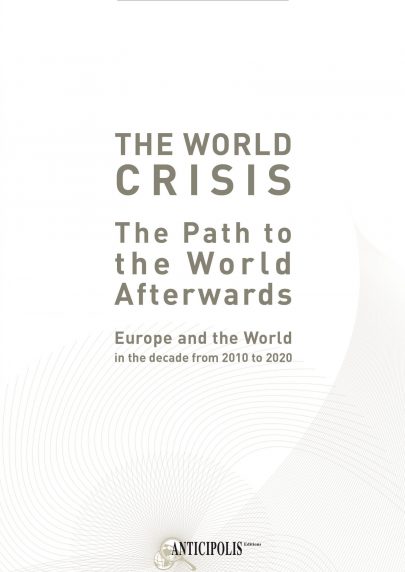
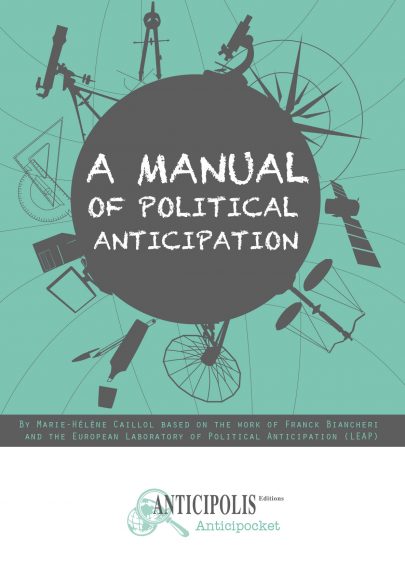
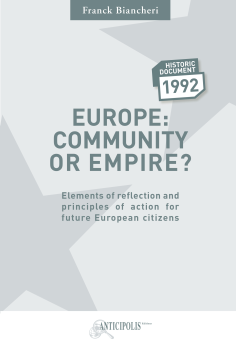
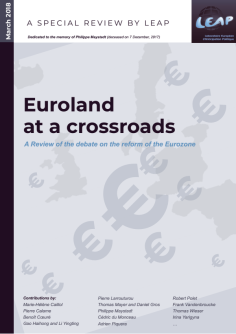
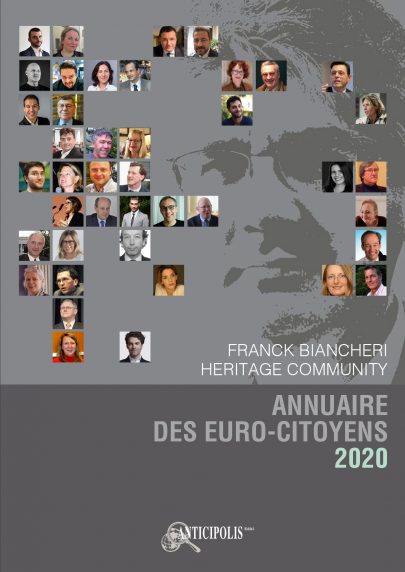
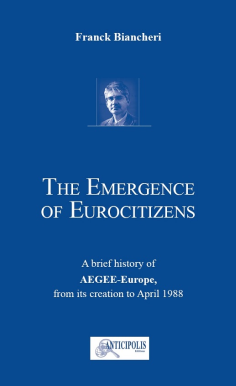
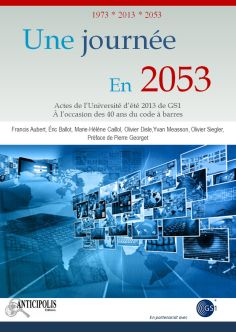
Comments